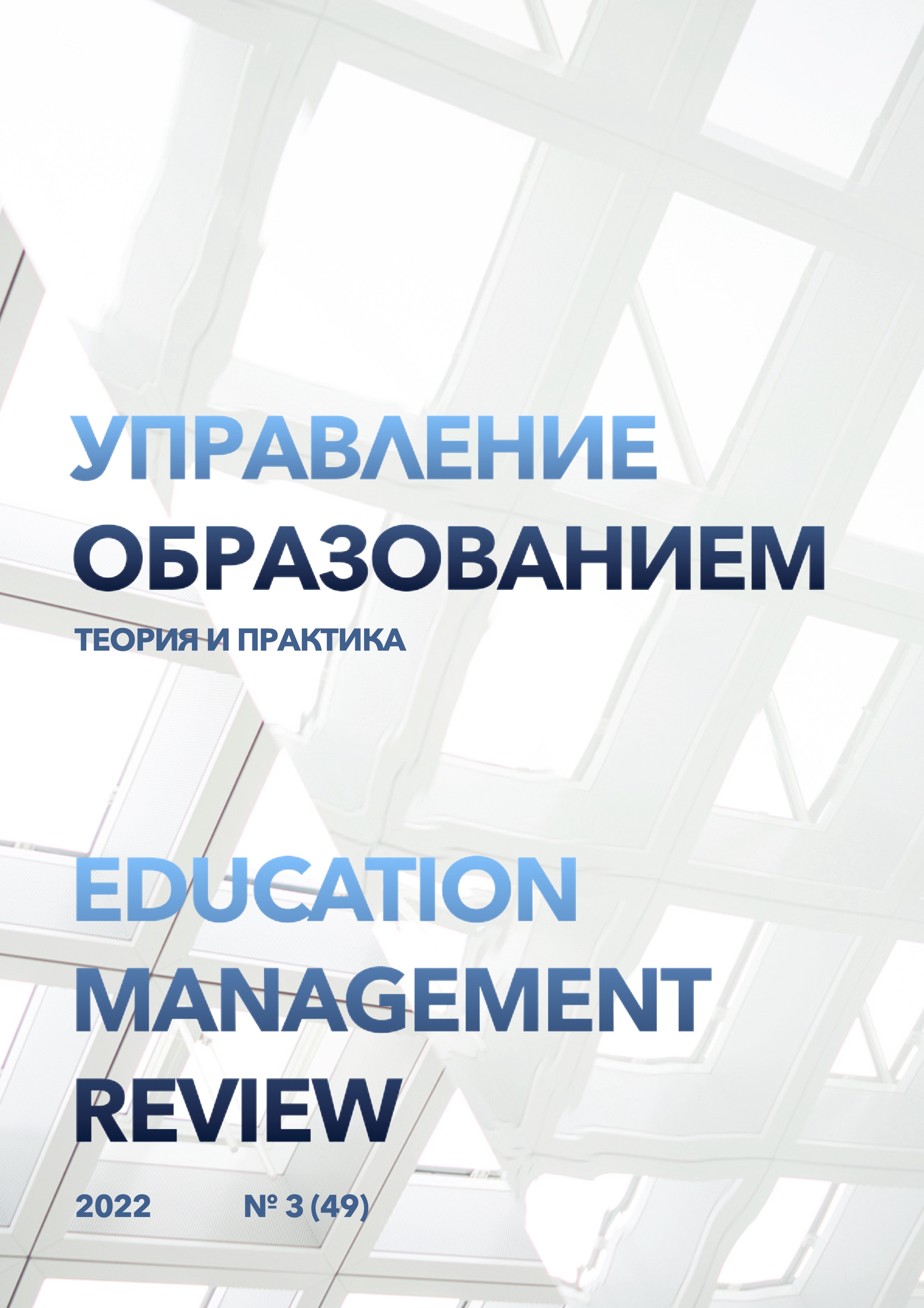Development of forms and methods of virtual presence in educational activities
DOI:
https://doi.org/10.25726/a7247-9255-7807-hKeywords:
virtual words, reality, education, studyAbstract
The article discusses the concepts of "virtual reality" and "augmented reality". The formation of the origins of virtual reality is revealed, the difference between virtual reality and augmented reality is argued. The world experimental studies of the use of virtual and augmented reality in the modern educational process and their results are characterized. These and other features of virtual and augmented reality demonstrate their advantages over traditional methods of organizing educational activities. The article presents the varieties of virtual reality elements, their impact on the educational process. The types of virtual reality systems are defined, the differentiation of which lies in the plane of the methods and modes of their interaction with the self-interest. The advantages and disadvantages and problems of using virtual and augmented realities in the modern educational process are considered. Examples of virtual and augmented reality educational applications are given, which makes learning more effective, namely: Google Expeditions, Second Life, Melchemistry, New Horizon, Project Glass, Atom Visualizer, CreatorAVR, School in the Park, AR excursions. In Europe, the most popular project has become "ClassVR", with the help of which it is possible to carry out training using virtual reality technologies, not only in small groups, but also in real classrooms with a large number of students, which, in fact, began to be massively implemented in modern European universities.
References
Бозорова Н.П. Способ изучения предмета офисных документов во время пандемии // Review of law sciences. 2020. № 2. https://hsbi.hse.ru/articles/virtualnaya-realnost-v-obrazovanii/
Величковский Б.Б. Психологические факторы возникновения чувства присутствия в виртуальных средах // Национальный психологический журнал. 2014. № 3 (15). С. 28-35.
Зеер Э.Ф. Персонализированная учебная деятельность обучающихся как фактор их подготовки к профессиональному будущему // Профессиональное образование и рынок труда. 2021. № 1. С. 104-114.
Маннопова Э.Т. Повышение конкурентоспособности высших образовательных учреждений за счет интеллектуальных информационных систем в управлении // Икгисодиётда инновация. - 2020. -Т. 1. - № 3. - С. 44-54.
Носирходжаева Г.А. Важность критического мышления в процессе развития личности // XXIII междунар. научно-практ. конф. - МЦНС «Наука и Просвещение». Фундаментальные и прикладные научные исследования: актуальные вопросы, достижения и инновации: сб. ст. XVII Междунар. научнопракт. конф. Ч. 3. Пенза: МЦНС «Наука и Просвещение». 2019. C. 16. https://hsbi.hse.ru/articles/virtualnayarealnost-v-obrazovanii/
Тонких А.П. Российские образовательные Интернет-ресурсы для учителей начальной школы // Начальная школа. 2007. №1. С. 117-124.
Юнусова М. Новый этап введения искусственного интеллекта в обществе // Review of law sciences. 2020. № 3. С. 207-210.
Юнусова М.С. Значение курса «Профессионально направленная информатика» для подготовки юристов. // Высшее образование сегодня. - 2011. - С. 54-58.
Arnab S., Brown K., Clarke S., Dunwell I., Lim T., Suttie N. et al. (2013). The development approach of a pedagogically-driven serious game to support Relationship and Sex Education (RSE) within a classroom setting. Computers & Education, 69, 15-30. https://doi.org/10.1016/j.compedu.2013.06.013
Beldarrain Y. (2006). Distance education trends: Integrating new technologies to foster student interaction and collaboration. Distance Education, 27(2), 139-153.
Hassini E. (2006). Student-instructor communication: The role of email. Computers & Education, 47(1), 29-40. https://doi.org/10.1016/j.compedu. 2004.08.014.
Mannopova Е.Т. Intelligent information systems in improving the education management system in Uzbekistan // European Journal of Research and Reflection in Educational Sciences. - 8 (10). - P. 221-230.
Reforms in Education in Uzbekistan: Information Technologies and Preparation of Lawers / A.M. Abduvakhidov, E.T. Mannopova // International Journal of Research, e-ISSNP: 2348-6848 p-ISSN: 2348-795X T. 5. - № 19. - Рр. 490-496.
Simunkova R. Virtual lerning environment moodle used for remedial activities in foreign language teaching, Procedia - Social and Behavioral Sciences 106 ( 2013 ) 3335-3344.
Uyumaz А., Erdogan К. The theory of legal clinic in education of law/ Procedia - Social and Behavioral Sciences 174 ( 2015 ) 2116 - 2122.
Ziyodov А. Augmented reality haqida // (2020) https://community.uzbekcoders.uz/post/augmented-reality-haqida-5ee20acf07808a1bd366c747




